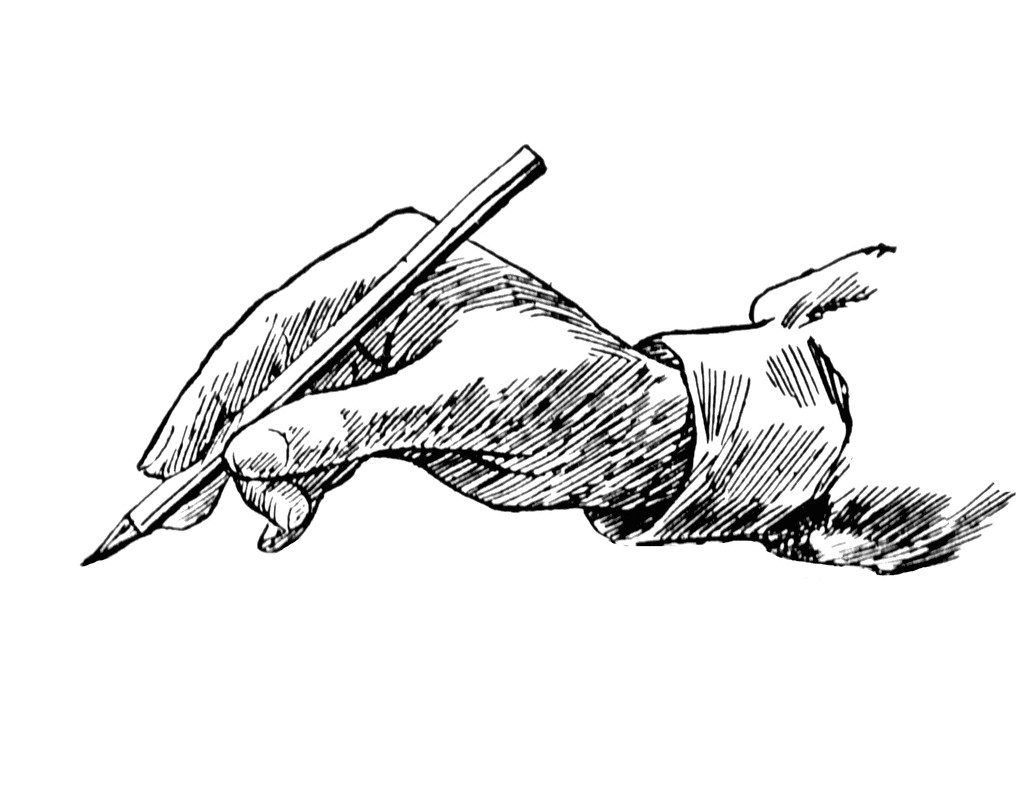Albert Einstein? Henry Miller? Gerald W. Marshall? Bill Glass? Epcot Slogan? Apocryphal?

Question for Quote Investigator: A dynamic imagination is vital because it helps us to envision future possibilities. This notion has been expressed as follows:
Imagination is everything. It is the preview of coming attractions.
This statement has been attributed to the famous physicist Albert Einstein, but I am decidedly skeptical because I have never seen a proper citation. Would you please explore this topic?
Reply from Quote Investigator: There is no substantive evidence that Albert Einstein wrote or spoke this statement. It is not listed in the comprehensive reference “The Ultimate Quotable Einstein” from Princeton University Press.1
Einstein died in 1955. The earliest close matches known to QI appeared in two books in 1981. The self-help book “Reaching Your Possibilities Through Commitment” by Gerald W. Marshall contained the following:2
It has often been said that we are only one generation from heathenism. Perhaps we are only one generation from the Dark Ages as well if we don’t have big ideas. We need vivid imagination to create new ideas for success. Albert Einstein once said, “Imagination is everything. It is the preview of coming attractions.”
Also, in 1981 Bill Glass published the motivational book “Expect To Win” which printed a slightly longer version of the saying using the word “life’s”:3
Albert Einstein said, “Imagination is everything. It is the preview of life’s coming attractions.” And this works both positively and negatively.
Both 1981 books credited Einstein, and QI hypothesizes an earlier instance exists, but there is no compelling reason to believe that Albert Einstein used the expression.
Below are additional selected citations in chronological order.
Continue reading “Quote Origin: Imagination Is Everything. It Is the Preview of Life’s Coming Attractions”







